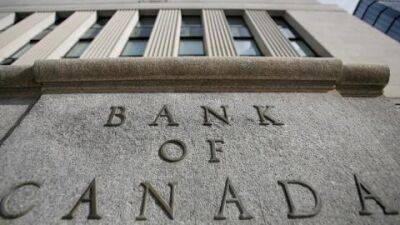Sacking Richard Sharp would be a great loss to the BBC: after all, he has friends in high places
T he affair of Sam Blyth helping to secure a loan of up to £800,000 for Boris Johnson has left Richard Sharp, the BBC chair, badly wounded. Assuming he survives, his reputation will depend on his defending the corporation to the death against its enemies – particularly those on the right. He was a friend of Johnson, was Rishi Sunak’s boss at Goldman Sachs, and has given generously to the Tory party. He is perfectly cast as the champion in high places the BBC needs.
At each stage in the loan saga, individuals behaved like suspects in an Agatha Christie novel. Each carefully distanced themselves from the scene of crime. When a healthcare company in which Sharp held a major stake won a Covid contract while he was a Downing Street adviser, he was nolonger on the board.
When Blyth – who was applying to be chief executive of the British Council – sought to act as a guarantor for a credit facility of up to £800,000 for his distant cousin, the prime minister, he did not call Johnson at Chequers. Instead, he approached his friend Sharp, who approached the cabinet secretary, Simon Case. Did Blyth know that Sharp wanted the BBC job, and that acting as a conduit might help? Apparently not. But Sharp knew that Case probably knew, and meticulously recused himself from any further lobbying. Meanwhile, Case was reportedly not informed, and Johnson has denied knowing, about Blyth’s talks with the British Council. When the whole confusion was delegated to Downing Street’s ethical Poirot, William Shawcross, he recused himself as a friend of Sharp’s. We await the movie.
Given the murky underworld of private donations in British politics, everyone could say they had done nothing wrong. Sharp could tell the Commons digital, culture, media and
Read more on theguardian.com











